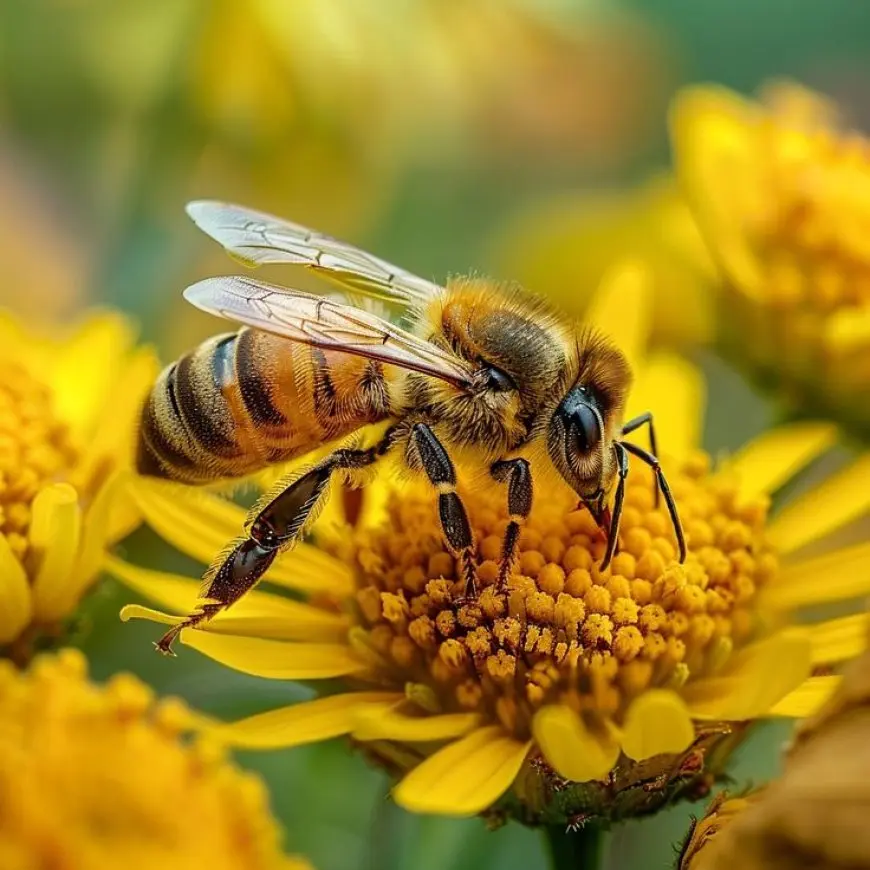Why Bees Are Essential for Food Production
Why Bees Are Essential for Food Production

Bees play a crucial role in the environment, especially in food production. They are one of the most effective pollinators, helping to fertilize plants so that they can produce fruits, seeds, and vegetables. Their role in pollination makes them indispensable to the agricultural industry and is directly linked to the global food supply. Without bees, many of the foods we rely on for nutrition and sustenance would become scarce or disappear entirely.
Pollination and Its Role in Food Production
Pollination is the process by which pollen is transferred from the male part (anther) to the female part (stigma) of flowers, enabling fertilization. Bees are highly efficient pollinators, as they carry pollen from flower to flower while collecting nectar. This process helps many plants reproduce and ensures the production of fruits, nuts, seeds, and vegetables. Pollination contributes to approximately one-third of global food production, making bees essential to feeding the world’s population.
Crops like apples, almonds, cucumbers, berries, and many others depend on bees for pollination. These crops are not only a major part of human diets but are also important to the economy, with millions of jobs in agriculture depending on successful pollination. Without bees, these crops would face lower yields or even fail to grow, leading to food shortages and higher prices.
The Importance of Bees in Biodiversity
Bees contribute to the biodiversity of ecosystems by supporting the growth of plants that provide food and shelter for other animals. A diverse range of plants also attracts other pollinators, creating a balanced and healthy environment. When bees pollinate plants, they help maintain a variety of habitats for insects, birds, and other wildlife. This biodiversity is crucial for the stability of ecosystems, making bees essential not only for food production but also for environmental health.
The Decline of Bee Populations and Its Impact
In recent years, bee populations have been in decline due to a variety of factors, including pesticide use, habitat loss, climate change, and disease. This decline poses a serious threat to global food security. Without bees, the pollination of many crops would decrease, leading to reduced food production and potentially higher food prices. The loss of bees could also lead to the decline of many plant species, disrupting entire ecosystems.
Efforts to protect bee populations have become increasingly important. Farmers, scientists, and environmentalists are working to create more bee-friendly environments, reduce pesticide use, and restore habitats where bees can thrive. By protecting bees, we ensure the future of food production and biodiversity.
Bees are far more than just a nuisance buzzing around flowers; they are essential to food production, biodiversity, and the health of ecosystems. Their ability to pollinate crops supports global food security and provides numerous benefits to the environment. The decline of bee populations poses a significant threat to agriculture and biodiversity, making it crucial for society to take action in preserving these vital creatures. Protecting bees ensures that future generations will have access to the diverse and abundant food supply we enjoy today.







